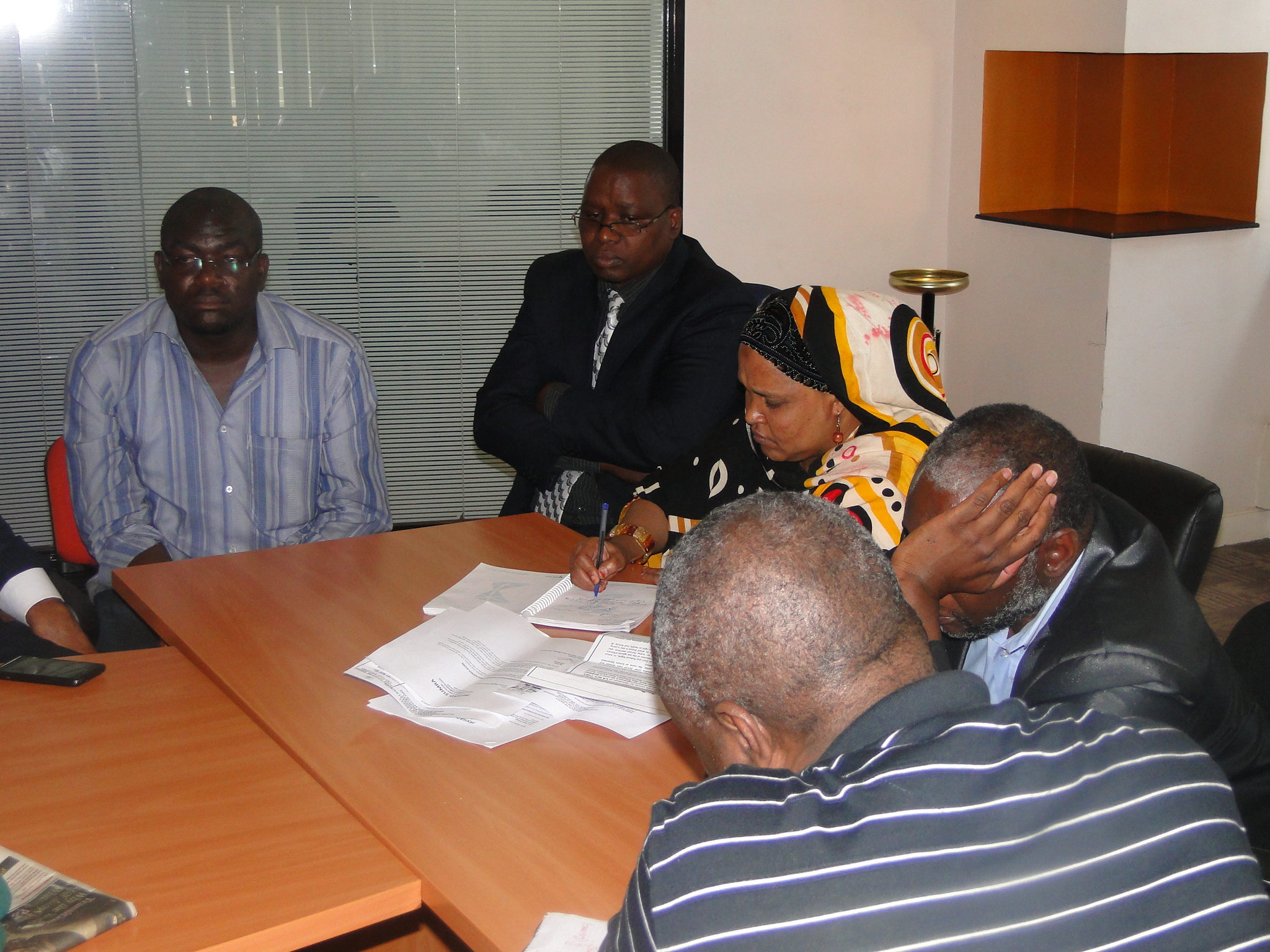Kenya National Commission on Human Rights calls for an end to Forced Evictions
The Kenya National Commission on Human Rights has taken issue with the current spiral of forced evictions in informal settlements. In a press statement appearing in sections of the press on Tuesday, March 6, 2012, the commission is particularly saddened by the fact that, last year alone the Commission received 31 petitions on forced evictions targeting low income areas.
A woman ponders over her next move after her house was demolished in Mitumba slums
These unconstitutional acts of forced eviction have been executed by both state agencies and other private developers. Areas worse hit in Nairobi were; Mukuru, Kiang’ombe, Kibera Soweto, Mitumba, Syokimau and other parts of Coast province.
Uncouth as it may sound, the evictions has resulted displacement of hundreds of thousands of people including those with disability, destruction of private property, disruption of learning, loss of livelihoods and destruction of household units.
What still shocks many is the way the evictions are conducted in the cover of darkness without adequate or reasonable notice and minimal engagement with the affected communities.
Muungano wa Wanavijiji, files a petition with KNCHR
According to the Kenyan Constitution in article 20 (1) binds all state organs and all persons to the Bill of rights, Article 260 of the constitution defines all persons, companies, associations or other bodies of persons whether incorporated or not. Forced evictions constitute a violation of the right to adequate housing guaranteed in article 46(b). Therefore, this legal framework notes that every person is protected against forced evictions regardless of the tenure they posses.
Situations whereby eviction is justified and legal, the issue of human rights should not be thrown out the window but should be conducted in compliance with the human rights code.
Basic procedural protection on Evictions
The United Nations statutory document on economic, social and cultural rights on housing the following procedural protections should be observed;
There should be an opportunity for genuine consultation with the affected;
Adequate and written notice should be issued to all the affected persons prior to the scheduled date of eviction;
Information on the proposed evictions, and where applicable, on the alternative purpose for which the land and housing is to be used, to be made available in reasonable time;
Especially where groups of people are involved, Government officials must be present during the evictions;
All persons carrying out the evictions must be properly identified; Evictions must never take place in bad weather or at night at night unless the affected persons consent otherwise;
Affected communities should be provided with legal remedies; and
Where possible, legal aid should be provided to persons who are in need of it to seek redress from the courts.
The Commission went ahead to commend the judiciary for upholding the law and protecting the dignity of every citizen affected by the forced evictions. KNCHR has recommended to the state that the ongoing forcible, violent and brutal evictions constitute gross violations of human rights should stop with immediate effect. The press statement that was signed by Dr. Samuel Tororei, acting chairperson, KNCHR further recommends that on a short-term period;
Government must implement a moratorium on all forced evictions country wide unless the procedural protection is applied
Where possible alternative housing or resettlement housing or resettlement should be provided to all who have been rendered homeless and are unable to fend for themselves.
Medium to long term recommendations
The Ministry of lands should fast track the adoption and operationalization of the Draft Eviction and Resettlement guidelines
The Ministry of state for special programmes should adopt and implement the draft national policy on the prevention of internal displacement and the protection and Assistance of the IDPs.
Parliament to enact a comprehensive legislation on Internally displaced Persons meant to address concerns of people displaced through forced evictions
Attorney General of the republic of Kenya should review all laws and policies on eviction with a view of aligning them to the new constitution and human rights standards.
The Ministry of Lands has developed the Draft Eviction and Resettlement Guidelines, which is a bold move by the Ministry to arrest situations of forced evictions however Muungano wa Wanavijiji would like to call upon the cabinet committee on lands to approve the guidelines and send it to parliament for debate and thereafter for its enactment.


